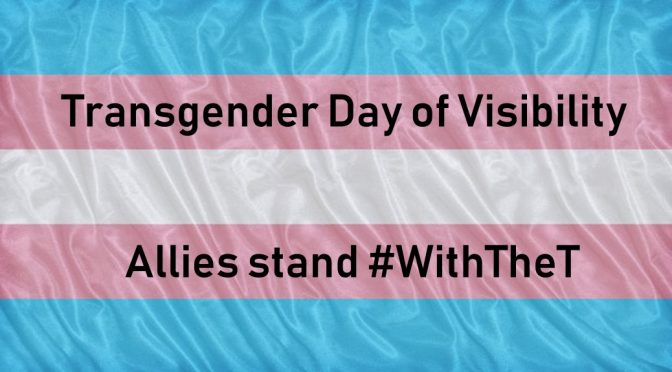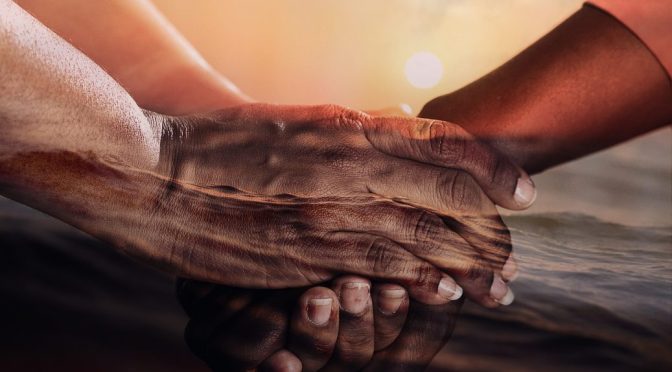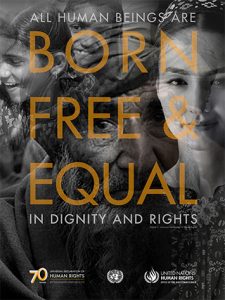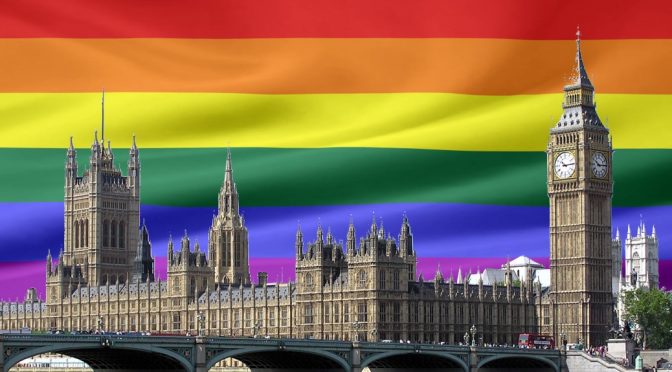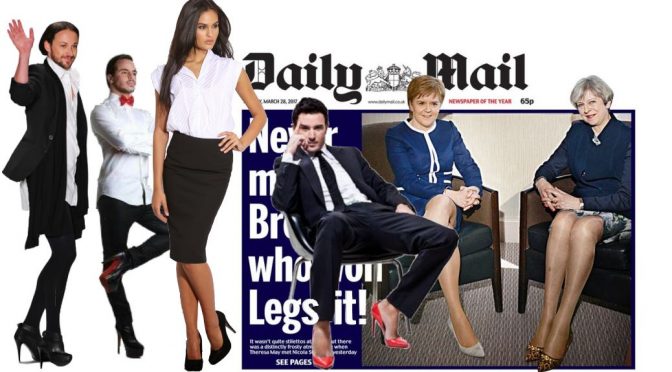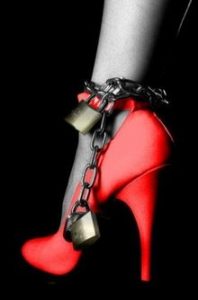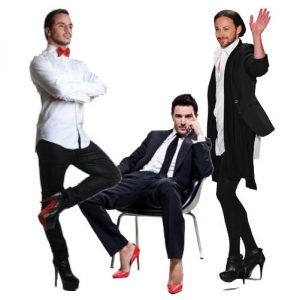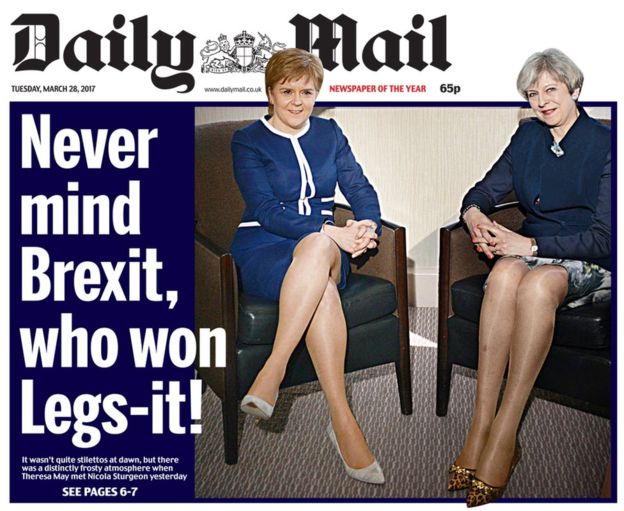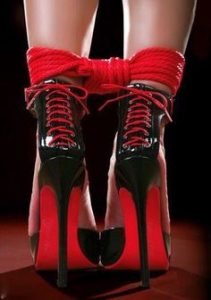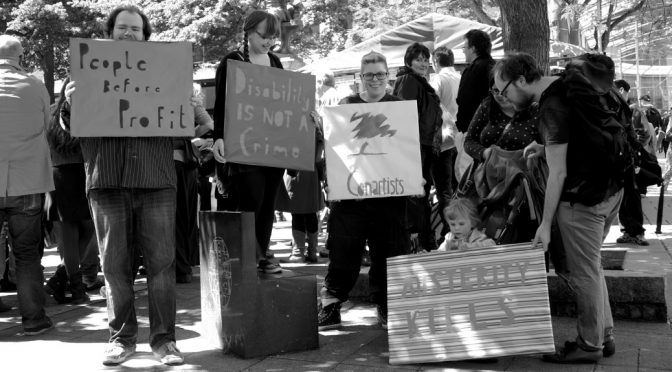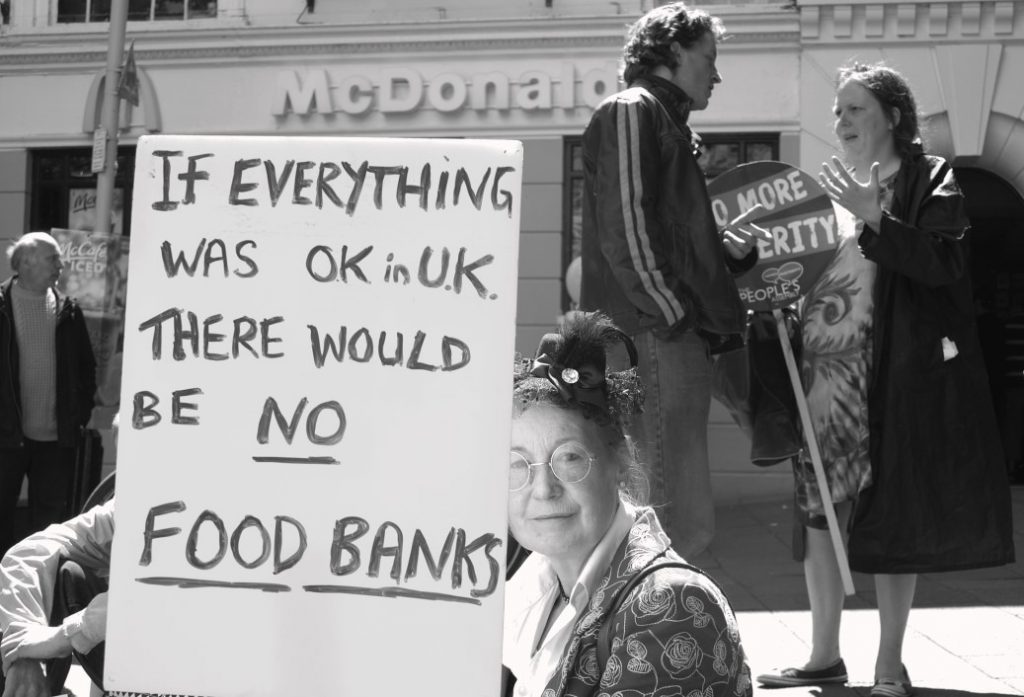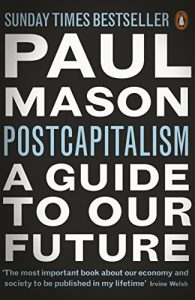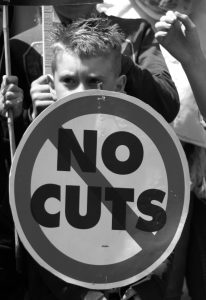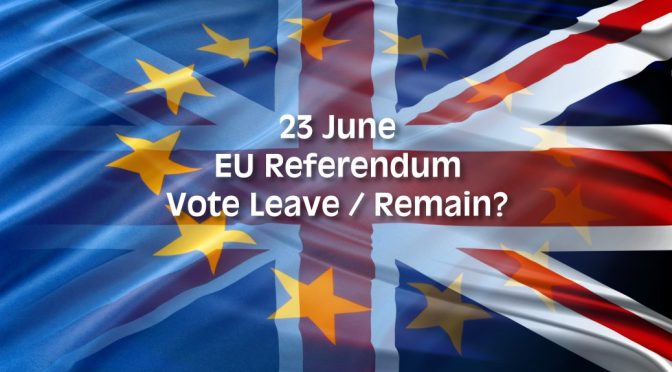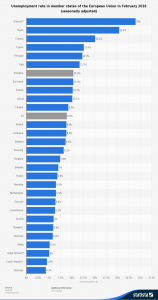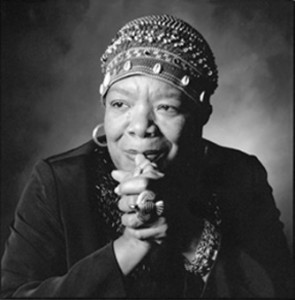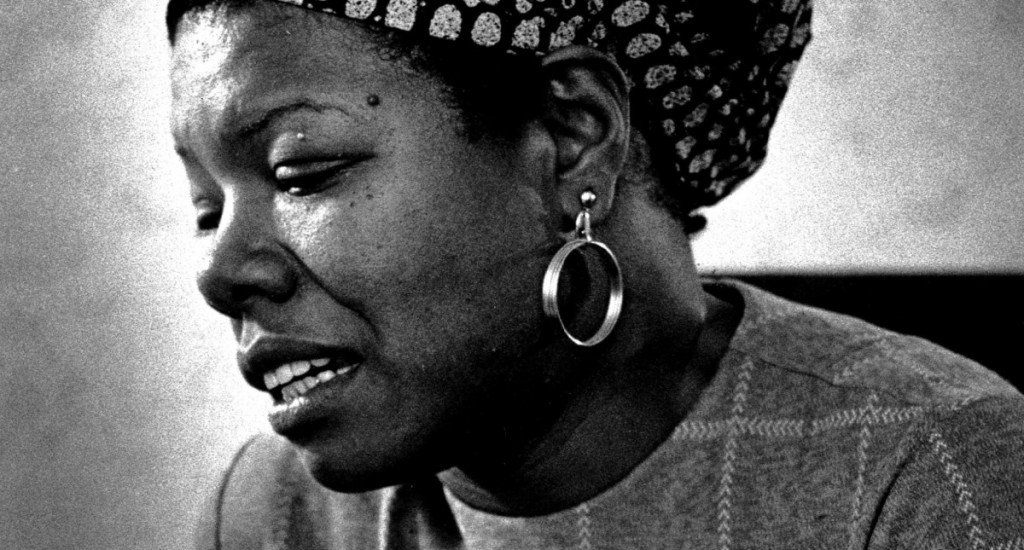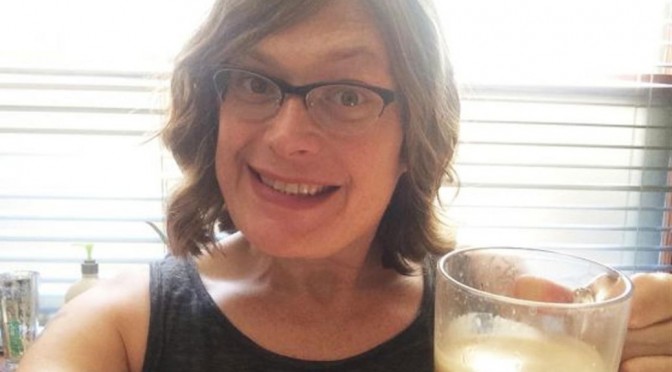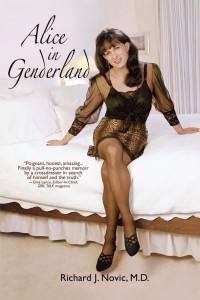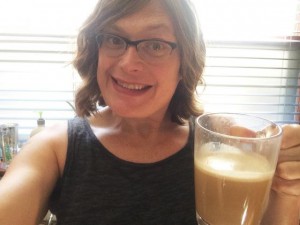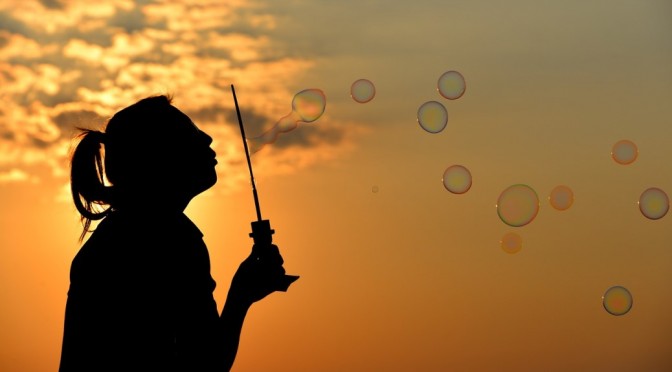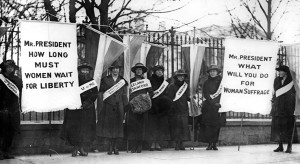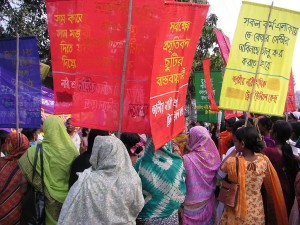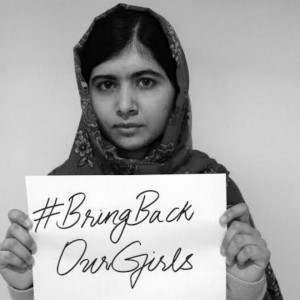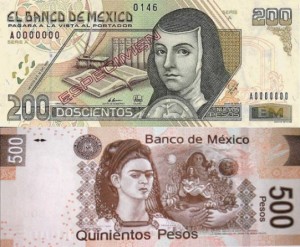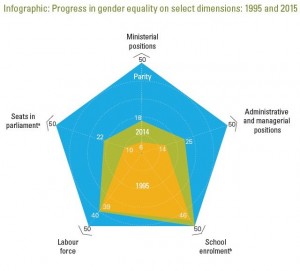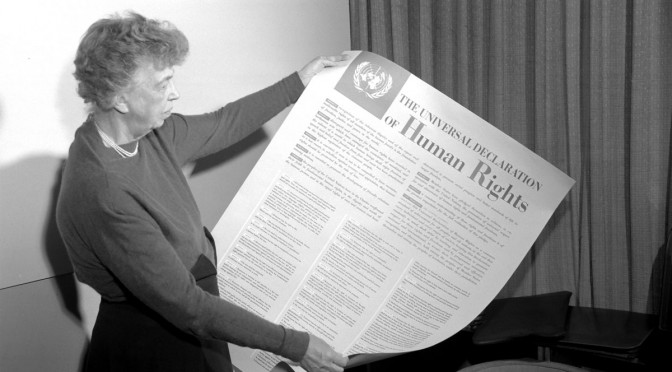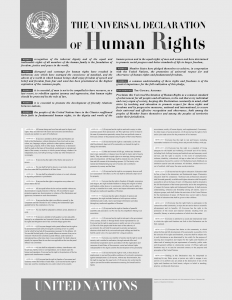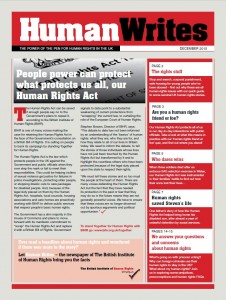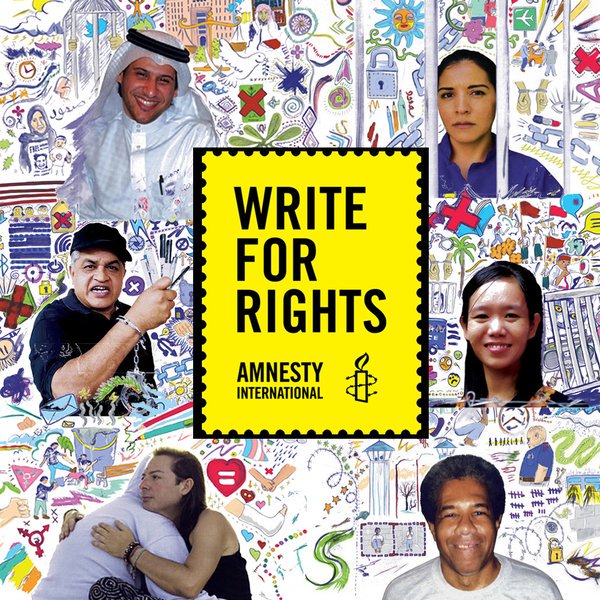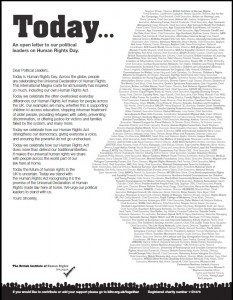I’ve written about the Transgender Day of Visibility (#TDOV) – meant to be a positive and the more negative memorialised Transgender Day of Remembrance (#TDOR) most years. Since 2014’s “transgender tipping point” and 2015’s year of transgender visibility, we now seem to be getting too much visibility and attention and not necessarily of a good kind. For with the visibility has come the vitriolic verbal violence that says we should go back into the closet and certainly not share one with cisgender people that match our gender identity. By that I mean trans women should not be seen in the same spaces or private areas (toilets, changing rooms, gyms, pools etc) as “real” “biological” women. Of course, the flipside is rarely addressed, i.e., whether trans men should be allowed in male gyms or loos and which instead silently suggests they should know their place and continue to use women’s facilities with their beards, biceps and deep voices.
I’m not going into the ‘debates’ – I do that enough already with so-called ‘TERFs’ in person, privately, and online. I do, however, try to listen to concerns and allay them when overwhelmingly they are misplaced. That is not to say that the fears don’t feel real or come from personal but perhaps projected experience. The problem of men’s violence against women and girls (VAWG) should not be erased in the fight for trans equality and respect. Equally, men’s VAWG should not be projected onto all or any trans people as some kind of 1980s homosexual moral panic 2.0.
Mutual Respect
Rather, I want to talk about allies and mutual respect. Firstly, the latter. For many years I co-ran with some University feminist academics and local LGBT thinkers a Gender and Sexuality discussion group. There was never any trans exclusion but what did come up, very occasionally, was the idea that some trans people still had traces of male privilege and/or needed to go on a Feminism 101 induction course., and that we hadn’t experienced female oppression. It was never denied that we hadn’t experienced our own oppression and bullying for not conforming to gender construct norms. So our battle against gender oppression overlapped but was not the same. Being able to separate the personal from the analytical enabled me to discuss this without ever getting offended, though the first time I was called privileged it did hurt as it never felt that way, and I regard most privilege as relative, indeed being cisgendered is to have a presumed privilege of never having doubted one’s gender or suffered from gender dysphoria and its mental health associations.
Passing Privilege is something that many trans people long for but is not exclusively a trans issue. At recent gender critical discussions, I was somewhat amused to discover that trans people were accessing gender-aligned toilets with ease but some cisgender women were being questioned by other women for using toilets that didn’t seem to match their non-femme presentations. Just going to show that can’t always spot a trans person at 100 paces! I’ve never been questioned in a toilet except the men’s!
As to mutual respect, though, I’ve always felt that being accepted as female (actually I identify as non-binary but we don’t have our own changing rooms yet!) does not mean asserting that as a right but rather a privilege. The Equality Act (2010) and Gender Recognition Act (2004) may say that we should be treated equally and with respect but respect is also earned and the privilege of sharing same-sex spaces as ‘re-gendered’ individuals should be treated with gratefulness and grace not some sense of entitlement. If society follows the law then it does so not by waving GRCs or EA rules in people’s faces but by a growing sense of not just tolerance and acceptance but welcoming inclusion. An inclusion that, to me at least, comes from respecting the people whose space you are entering and sharing. Yes, we can exercise our rights but some rights are also won by mutual respect, not by a muscular assertion of them. I’ve only ever gone into women’s spaces that I felt welcome in, irrespective of what the law says. Most times I was invited, other times I enter cautiously and tread gently to see how I would be received.
#WithTheT
It is both encouraging and sad how many #WithTheT hashtags are doing the rounds. It is depressing how necessary it has become after the lesbian radical feminist #GetTheLOut stunt at Pride in London this year. It was followed by #LwithTheT, #BwithTheT and most recently #GwithTheT and #PrideWithTheT. I’ve even seen and appreciated #MPwiththeT and PeerwithTheT proving that Parliament has taken a few minutes off from Brexit!
At recent gender and trans discussions and events, I have actually found the issue was less that men or trans were vehemently asserting their views but instead two different groups of feminists were arguing over whether it was sisters or cisters, whether biology should be destiny or diversity, and over what form inclusion and intersectionality should take.
Now, more than ever, is the time not for Trans Visibility but for Allies Visibility and for that I thank them because it is indeed encouraging how many there are. They are the many, the majority, social attitudes have changed. Whether they are ‘cishet’ supporters or the #LwithTheT, we need to be allies not enemies, our rights were won by standing together be they the black trans women and queens standing with – or indeed starting, the early gay riots and Prides, or the LGBT movement standing with the miners or on other shared political platforms.
The ‘TERF’ kickback, the no LGBT education in faith schools, the occasional cases of trans violence upon cis (and more frequent vice versa cases) – these are all thankfully minority pockets of non-acceptance or abuse. We do live in better times and we should celebrate progress and the far more intersectional and diverse society we live in and how most of us get on and respect each other. I’m hoping the so-called ‘War upon Women/Trans’ (delete as appropriate depending which side you are on) is a passing hiccough in the march for LGBTQ acceptance and inclusion and treating each other as humans not labels or threats. History is littered with exclusion but the future is surely about inclusion.
